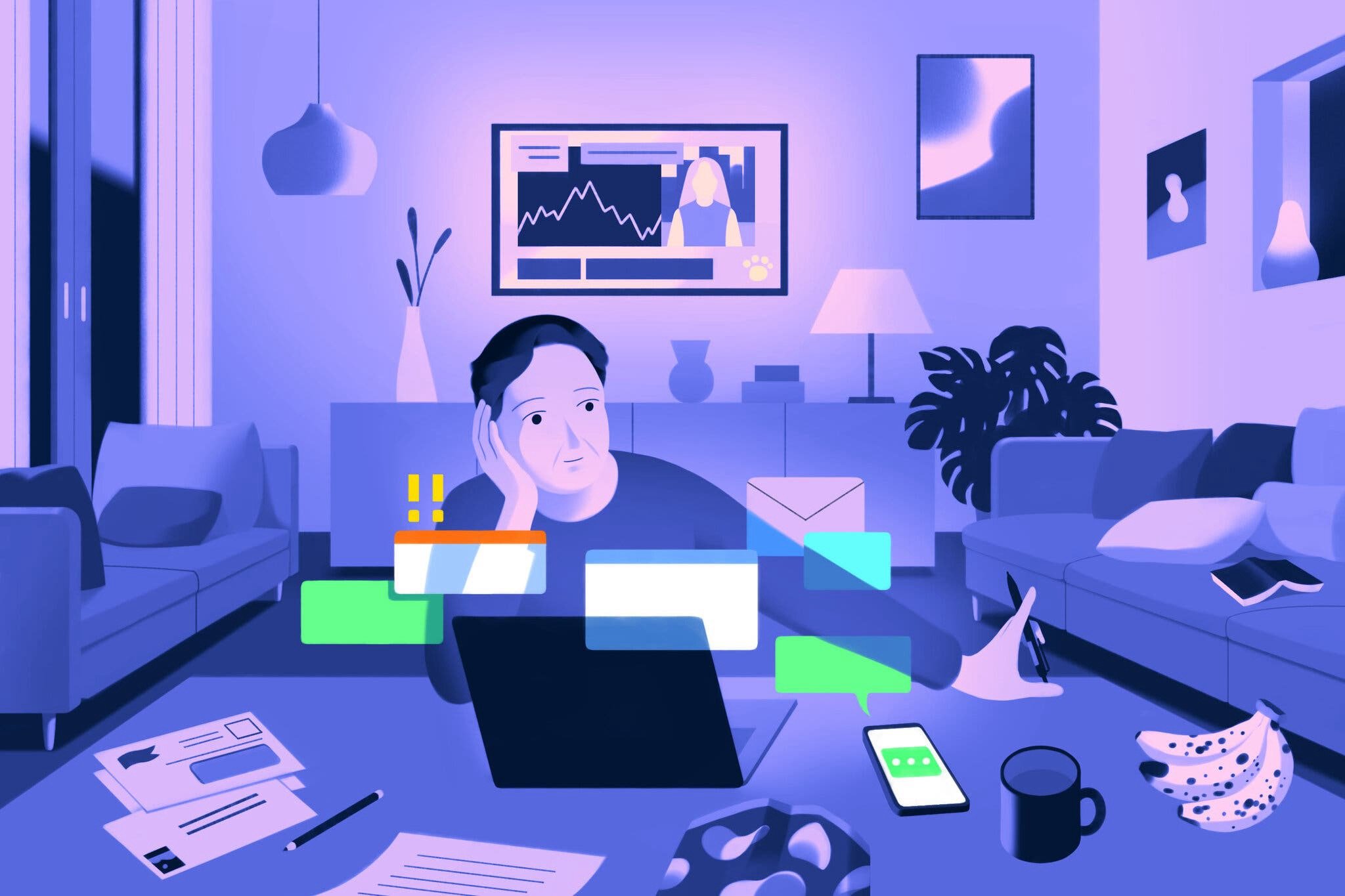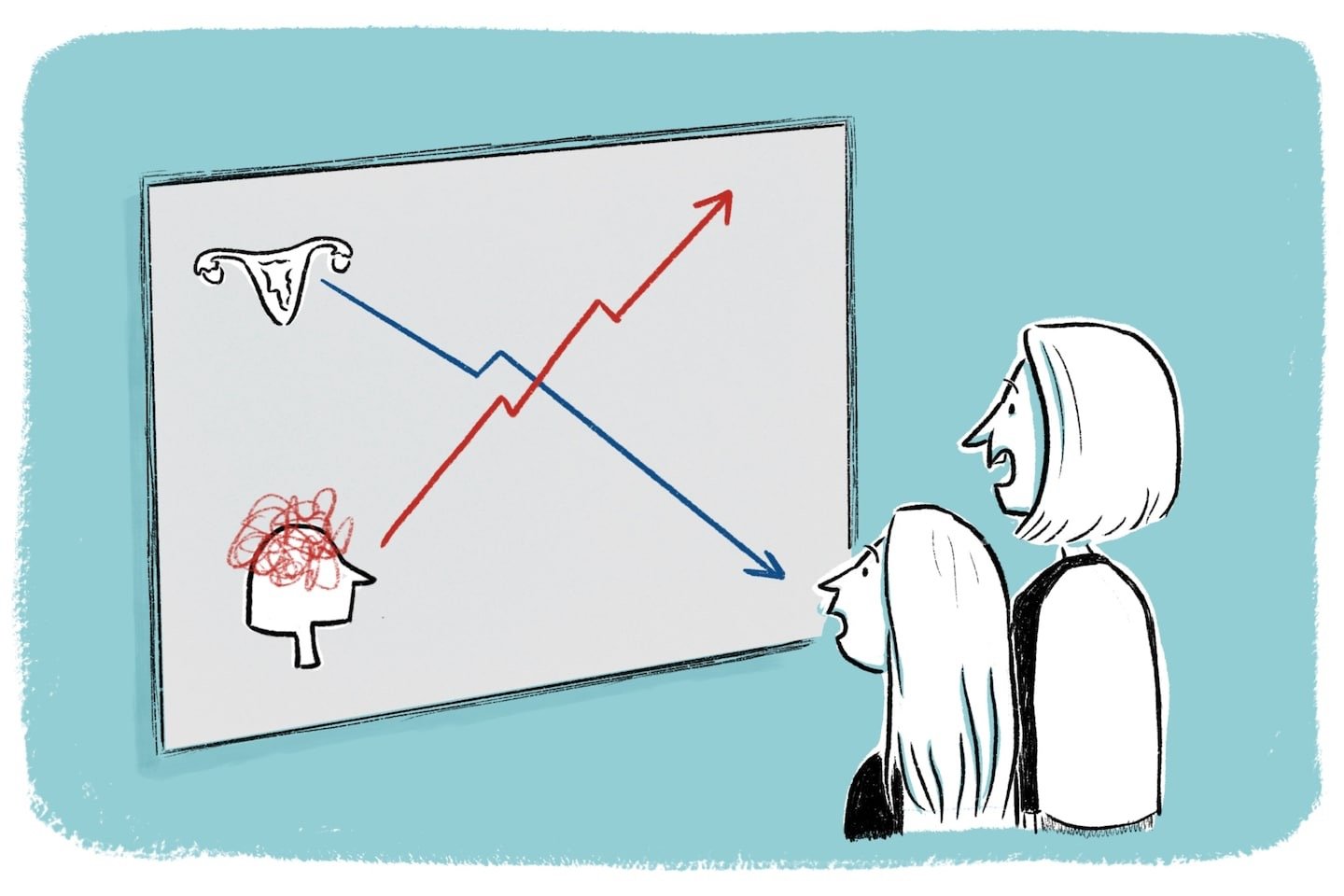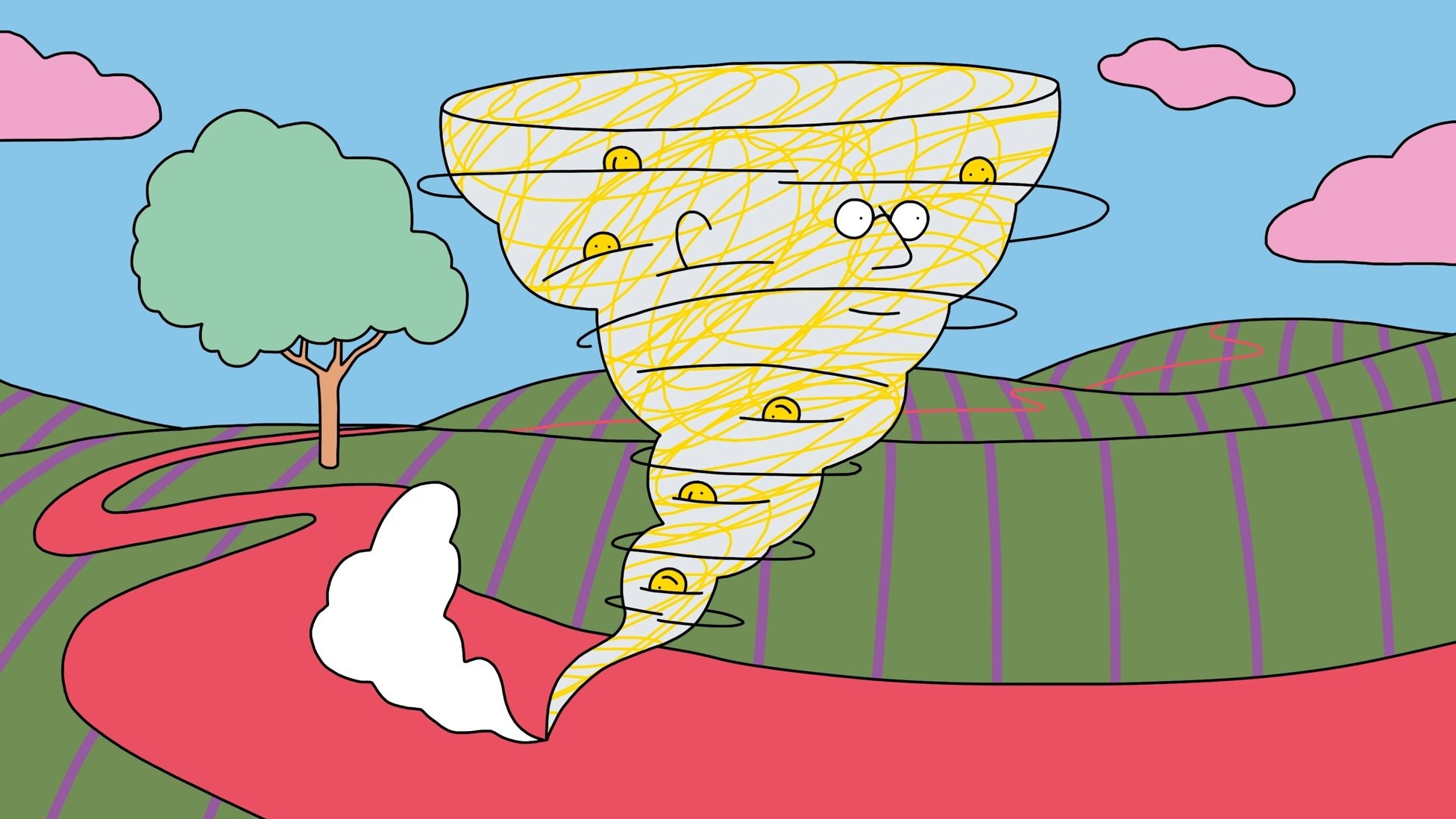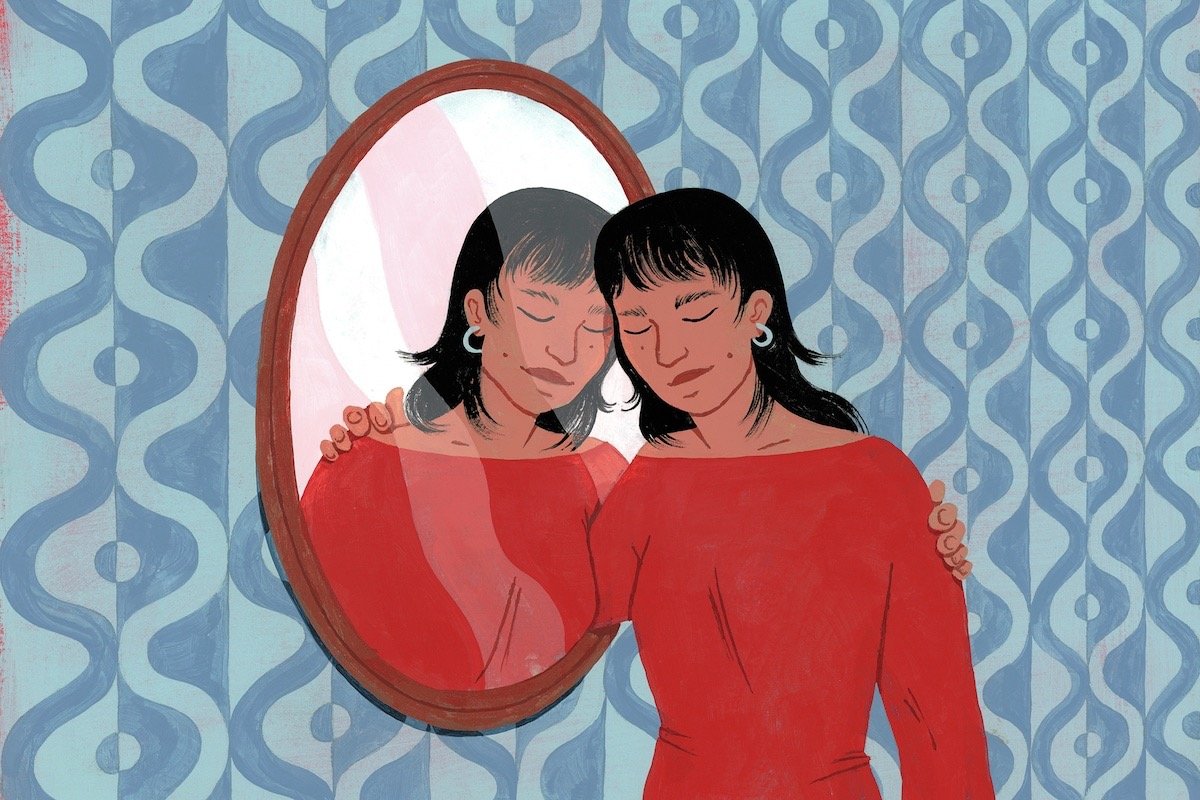
In the Media
-

Why Adult ADHD is Hard to Diagnose (New York Times)
Highlights the increase in ADHD diagnoses among adults, driven by pandemic-related stress and greater awareness. It discusses the challenges of late diagnosis, benefits of treatment, and includes personal stories and expert insights on understanding ADHD in adulthood.
-

I Overachieved to Mask my ADHD (Washington Post)
Discusses how women often overachieve to mask their ADHD, which is frequently underdiagnosed due to gender biases. It shares a woman's experience of excelling to compensate for her symptoms and highlights the need for better recognition and diagnosis of ADHD in women.
-

On TikTok, Women with ADHD Finally Feel Heard (Time Magazine)
Explains how TikTok is helping women recognize ADHD symptoms, leading to increased diagnoses. Personal stories illustrate the platform's role in raising awareness and reducing stigma around ADHD. Social media has become a valuable tool for spreading information about ADHD in women.
-

Come Study With Me: How a Virtual Buddy Might Help You Get Things Done (KPBS)
Discusses virtual "study buddies" on platforms like YouTube that help people, especially those with ADHD, stay focused and productive by providing accountability and companionship during study sessions. This trend offers an innovative solution to improve concentration and task completion.
-

ADHD-Like Traits Could Offer Humans an Advantage in Foraging, Study Suggests (Washington Post)
Discusses how certain ADHD traits, such as impulsivity and hyperfocus, may have been advantageous for human evolution. These traits could have helped early humans adapt to rapidly changing environments and develop creative solutions to survival challenges.
-

The Perks of Being a Hot Mess (The Atlantic)
Discusses how societal pressures and the fear of judgment lead people to feel like "hot messes" who are constantly struggling to keep up appearances. It emphasizes that, in reality, others are not judging us as harshly as we judge ourselves, and embracing this understanding can lead to greater self-compassion and mental well-being.
-

How to Be Kinder to Yourself (Washington Post)
Provides practical tips for cultivating self-compassion, empathy, and gratitude to improve mental well-being. It discusses how these practices can positively affect the brain, enhance emotional resilience, and foster a more compassionate outlook on life.
-

Transition to College: Tips for Students With ADHD (US News & World Report)
Provides practical tips for students with ADHD transitioning to college, emphasizing the importance of developing organizational skills and seeking support services. It highlights strategies such as creating a structured schedule, utilizing campus resources, and fostering self-advocacy to help manage ADHD symptoms effectively.
